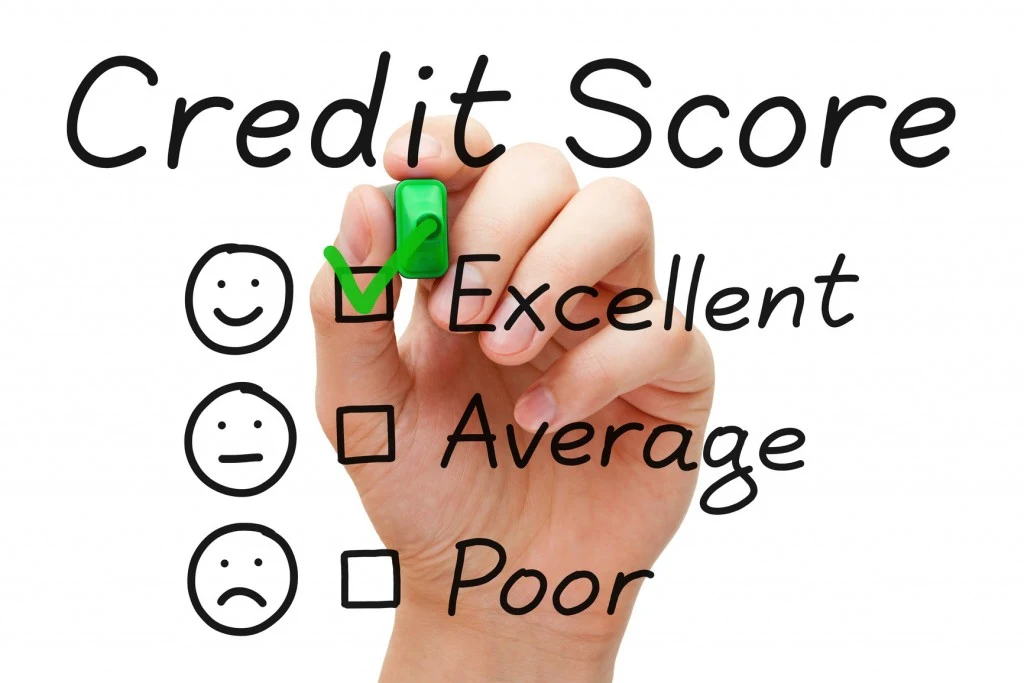This is probably the largest three-digit number in the United States, and its variations have repercussions in your daily life. Credit Score, is a key element of the American system because it reflects your credibility as a payer.
The Credit Score, what is it?
The credit score is a rating assigned to each person in the United States with a social security number. It is supposed to reflect its ability to repay its debts. In other words, it establishes your financial profile to know if you are a serious student (if you pay your bills and repay your debts well and on time) or a bad payer.
So the higher your rating is, the more you will be appreciated from banks and the more you will get a credit card or credit easily.
What is Credit Score for?
It is very important to possess a good Credit Score because it allows obtaining a credit card, lines of credit, credit, and more generally facilitates any transaction of everyday life.
So you can get an interest rate on a much more attractive loan, save on a home insurance premium or open an account with a supplier of electricity or mobile phone without bail if you have a good credit score.
For information, some telephone companies may ask for a deposit of $ 1,000 for an opening of a non-resident's line, a tourist, or someone who does not have Credit Score.
Calculation Mode
Some indications:
- 35% of Credit Score is based on the consistency of payments made.
- 30% of the mark is based on the percentage of your credit capacity used. In other words, you will be better rated if you use only a small part of your credit lines instead of taking advantage of the maximum allowed of your GAP, TARGET and MACY'S cards.
- 15% of the rating is determined based on the length of the credit history.
- 10% of your Credit Score is based on the type of credit you have; Consumption or real estate (car, student loan, revolving mortgage (credit cards or lines of credit) or others.
- 10% of your Credit Score is based on the research you've done to get credit. It should be noted that each time you apply for credit, it affects your Credit Score negatively.
Operations
- 330-619: You're a bad student. Moreover, in banking jargon, you are called a (Credit leper) ...
- 620 - 659: A really average student, so some credits under certain conditions can be undertaken.
- 660 - 720: Serious and progressing student, with a Credit Score considered good. Because you should know that 720 is the average American credit. That is, it is the score that is often asked to get credit or financing under normal conditions.
- 721 - 750: Very good subject. You meet all the conditions to obtain financing or credits on quite satisfactory conditions.
- 751+: You are 1st class with an excellent Credit Score. You can benefit from credits on very advantageous terms.
Credit history: patience and constancy ...
Fortunately the Credit Score is not fixed even if moving from a score of 330 (most often the case of the new arrival) to 849 is not instantaneous. Its credit history (credit history or credit report) is therefore built over several years in order to obtain the best possible rating.
However, this is not necessarily easy because you have to find the subtle balance between opening lines of credit to show that you get them, but not too much to show that you do not need them ... In short, Must get credit, but not live on credit.
The chicken or the egg?
Build your credit history, assume debts to repay, and repay them systematically at maturity.
But how to pay off its debts if to get credit, you must have a Credit Score ...? There are a few ways to start, starting from nothing:
1 / The guaranteed line of credit
The bank authorizes you to open a line of credit equal to an amount that you have placed in a savings account and which will be used to guarantee your credit. Of course, this solution costs a little money (the interest of the credit granted is higher than the interest of the account that pays) but it allows to start.
2 / The secured credit card
This is a somewhat similar mechanism used by some banks: a card with a line of credit is given to you in exchange for the similar amount, recorded on an account, that serves as a guarantee.
3 / Being a co-partner on a credit card
Your credit union authorizes you to be co-signer on the credit card of another person (your spouse in general). Attention, the refund responsibility is shared between the two authorized users.
Canadians also use this rating system, but in Canada, we talk about Credit Rating. Hence, they do not need to have credit score in the US. There are two credit rating agencies: Equifax Canada and Trans Union Canada. It is enough for banks based in the USA to refer to one of these two agencies to know the credit rating of their client.
In the USA, your credit score is managed by 3 agencies: Equifax, Transunion and Experian. When you check your credit, you send your social security number to one (or all) of these 3 agencies that respond with a credit report or credit score.
Good to know: You have the right to consult your 3 credit reports once a year on Annualcreditreport.com. It's free and makes sure that there are no anomalies (bad information, identity theft, ...).


